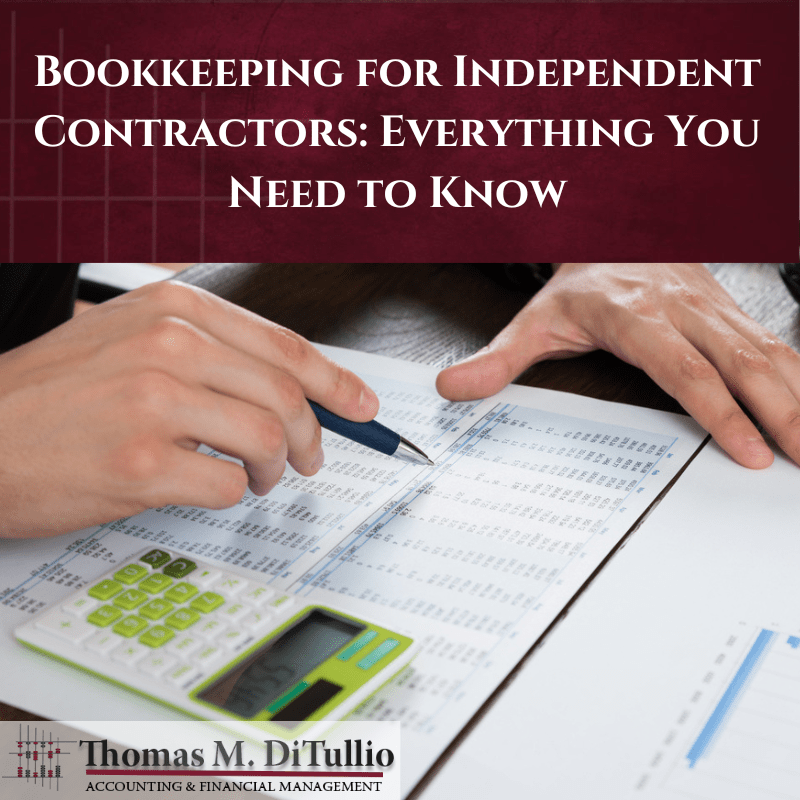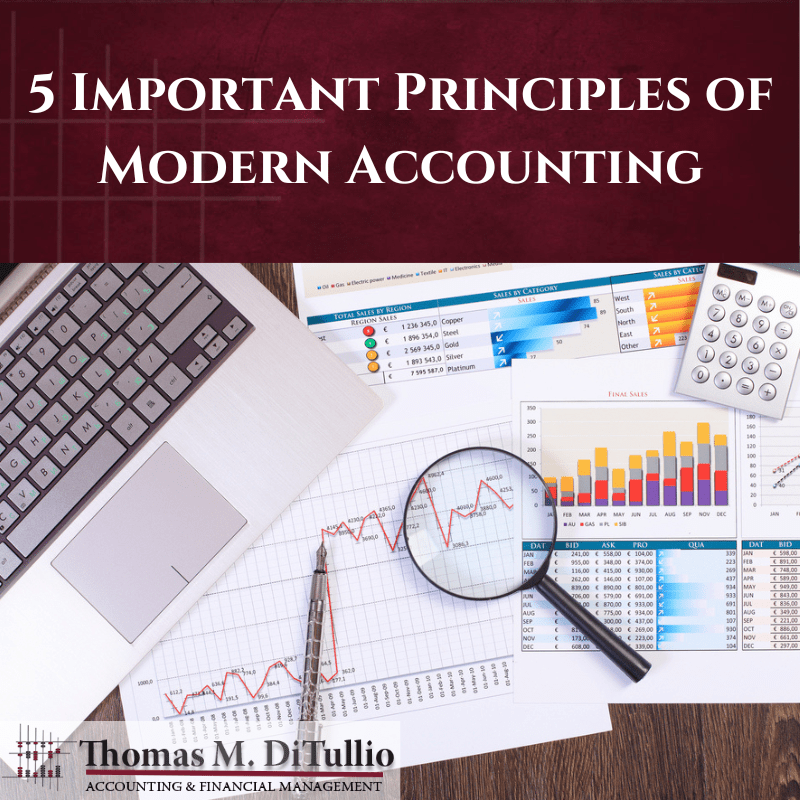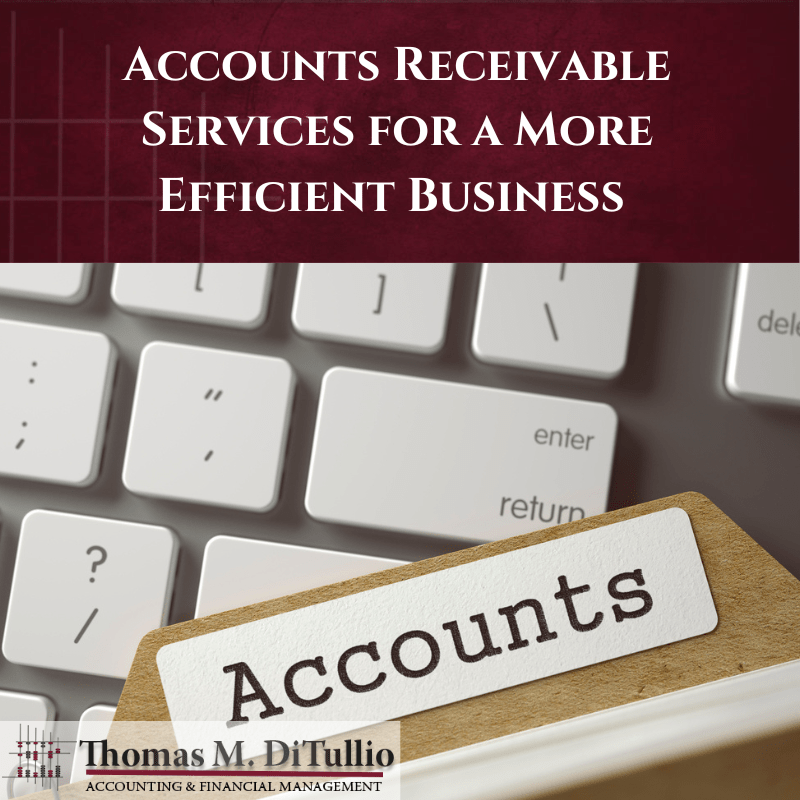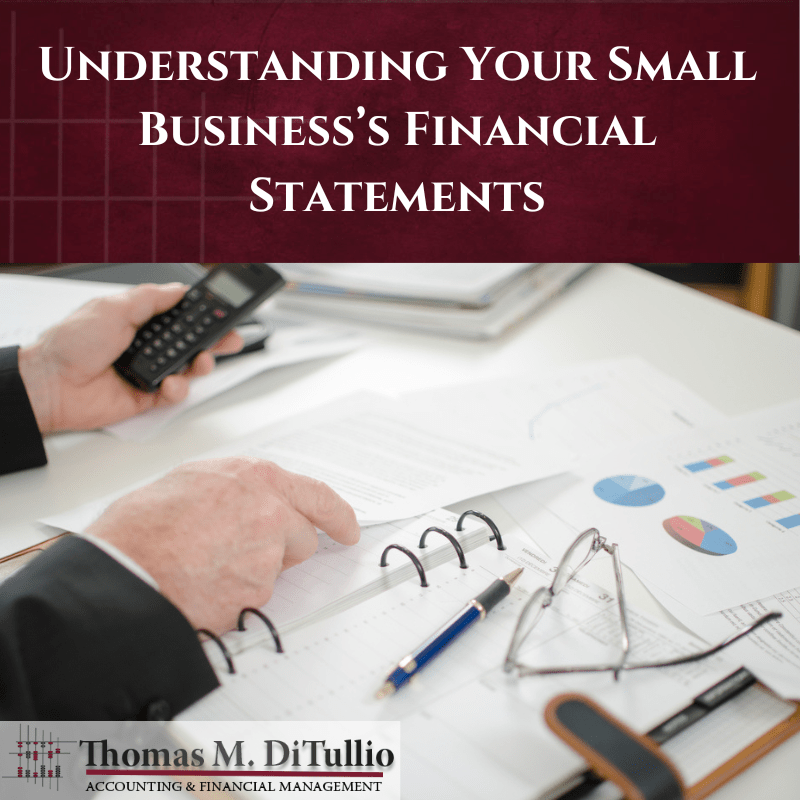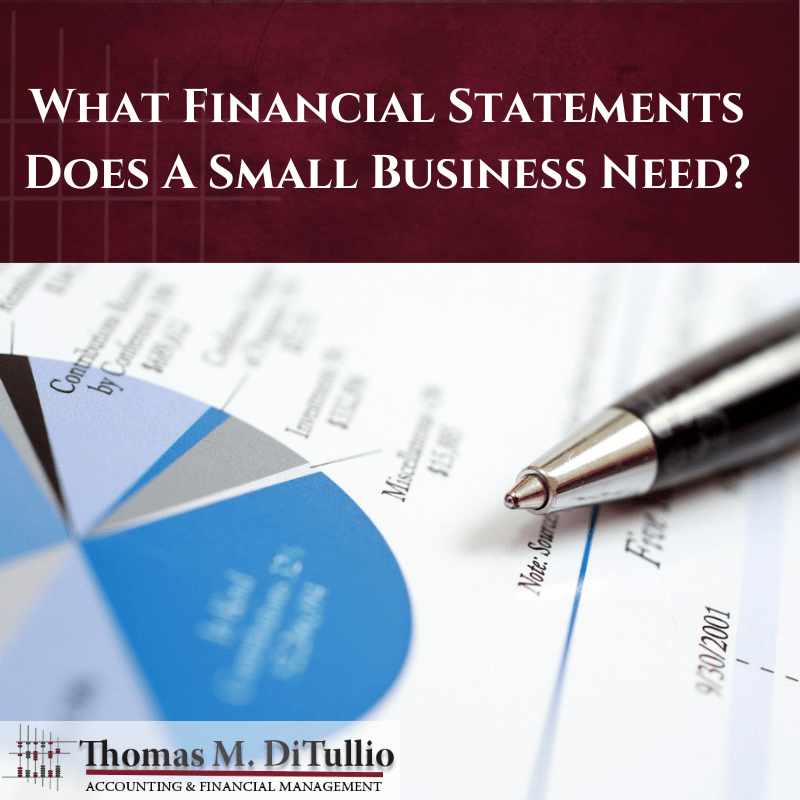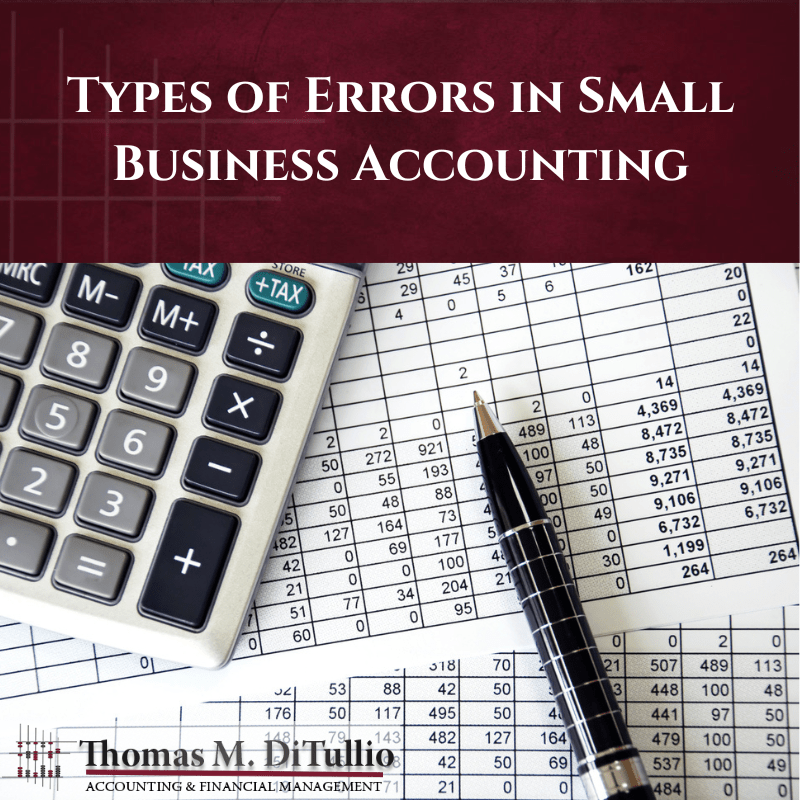Are GoFundMe Donations Tax Deductible?
Many people and organizations have turned to crowdfunding to raise money for various needs and causes. One of the most popular crowdfunding platforms available is GoFundMe. While many of the entities raising funds on GoFundMe are charitable, some people worry about whether donations they might make via the platform can be deducted from their taxes.
Whether or not donations made on GoFundMe can be deducted from your taxes depends on whether the donee is a qualified 501(c) organization. If the recipient of your donation is a qualified 501(c) organization, then you can claim your donation as a deduction on your tax return. If the recipient is not a 501(c) organization, your donation is considered personal and can’t be deducted. Here is some more information about crowdfunding donations and when they can be deducted from the tax professionals at TMD Accounting.
When Are GoFundMe Donations Tax Deductible?
Originally starting as CreateA Fund in 2008, GoFundMe changed its name in 2010 and is a crowdfunding platform that can be used to raise money for nearly anything. Donations made on the platform are considered to be personal unless they are given to a qualified 501(c) organization.
If you give money to a non-501(c) organization on the site such as an individual who is trying to raise money for any purpose, your donation will be considered to be a gift and not a tax-deductible charitable donation. Even if you make a gift for a charitable purpose, it won’t automatically qualify you for a deduction.
Another thing to watch for is how much money you donate to an individual on GoFundMe. Since these types of gifts are not considered to be charitable by the Internal Revenue Service (IRS), if you give more than the annual exclusion amount for gifts, you might have to report what you gave and file a Form 709. The recipient will not be taxed on the amount they received.
How GoFundMe Works
Individuals, groups, or organizations can all raise funds on the GoFundMe platform. The site distinguishes between types of fundraisers, including standard campaigns and certified charity campaigns. Many organizers of standard campaigns are people who are raising money for any number of reasons and who can deposit any money they raise into their bank accounts.
While many standard campaigns are for worthy causes, the gifts that are made are given to individuals instead of registered charities. Donations to them are generally not tax deductible.
By contrast, certified charity campaigns are established by registered 501(c)(3) organizations. The organizers don’t handle the funds. Instead, the money is sent directly to the charitable organization through the PayPal Giving Fund. This is a fund that was created by GoFundMe to help registered charities receive donations. When you donate GoFundMe to a registered charity, you will receive a receipt from the giving fund so that you can claim a deduction on your tax return.
When GoFundMe Donations Are Tax Deductible
There are two exceptions under which a donation on GoFundMe could be tax deductible. First, if you give money to a qualified 501(c) organization on the platform, your gift will be tax deductible. Second, GoFundMe has established a program called “GoFundMe Causes”. Through this program, qualified organizations are grouped by their causes. You can make a tax-deductible contribution to the cause you choose, and the donation will be sent directly to the group of verified charities grouped by that cause.
Understanding Gift Taxes
The annual gift tax exclusion for 2022 is $16,000. If you give more than this annual amount to non-501(c) organizations, you could be required to file a gift tax return. While there are exceptions for donations given for educational or medical expenses, the exceptions require the funds to be sent directly to the institutions instead of an intermediary. Funds given on GoFundMe rarely are sent directly to institutions through standard campaigns.
Deductions for Charitable Giving
When you give money to a nonprofit organization, your donation will normally be deductible. You can deduct up to half of your adjusted gross income for cash donations, but there are limits set at 20% or 30% that might apply. Giving money to registered 501(c) organizations on GoFundMe could be a way to reduce your tax burden, but you will need to make sure to save your receipt. To claim a deduction, you will need to itemize your deductions instead of taking the standard deduction using Schedule A. A charitable deduction might be eligible as long as it is given to one of the following:
- Nonprofit hospitals and schools
- Some veterans’ groups
- Local, state, and federal governments
- Religious organizations
Donations to the following types of organizations generally cannot be deducted:
- Political action committees (PACs) or political parties
- Foreign organizations or governments
- Individuals
- For-profit hospitals or schools
- Labor unions
- Sports or social clubs
- Homeowners’ associations (HOAs)
- Responsibilities of Donees
Gifts are generally not considered to be taxable income. However, organizers should keep records to avoid problems.
If a donee receives donations in exchange for services or goods, the IRS might consider the donations to be taxable business income. Be clear in your campaigns that donors will not receive anything of value in exchange for making donations.
If you raise more than $600, the third-party payment processor will send you and the IRS a Form 1099. While the money you raise should not be considered taxable, you will have the burden to show that it was not income. Report the funds you receive on your tax return and then show a reduction of the same amount while including an explanation.
Talk to TMD Accounting
If you are unsure about whether your donations might qualify for deductions, you should talk to the professionals at TMD Accounting. Call us today at 1-856-228-2205.



